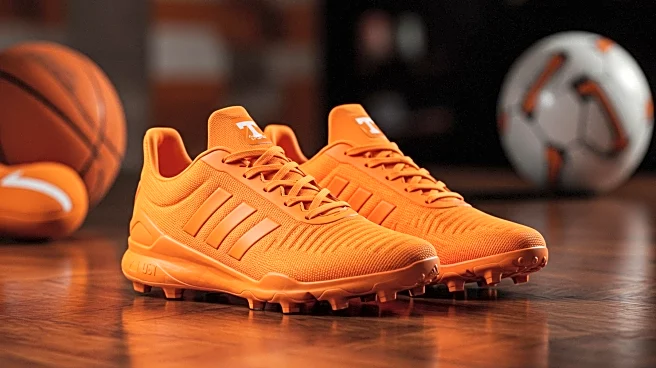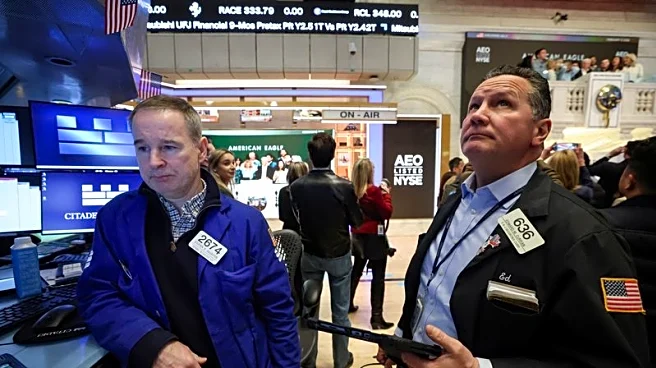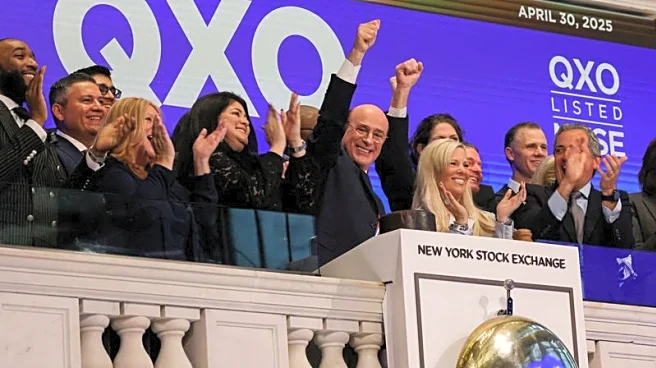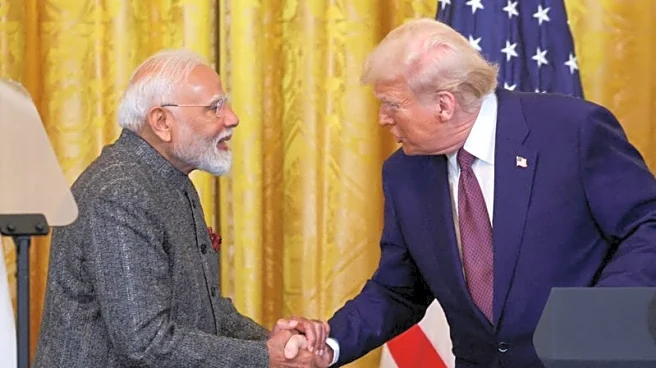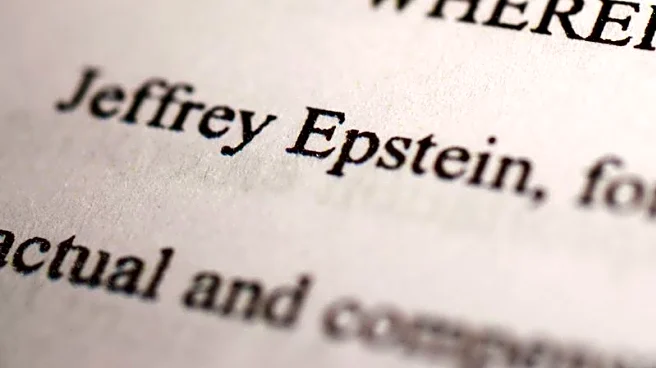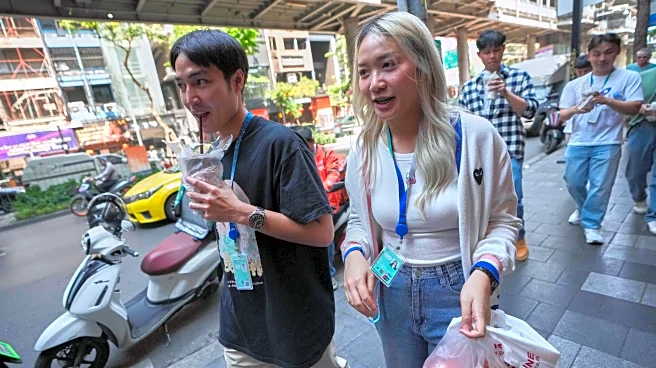What's Happening?
Tennessee has announced a return to Adidas, marking a significant 10-year apparel contract valued at over $10 million annually. This deal is notable for its emphasis on name, image, and likeness (NIL) support for Tennessee athletes, setting a new standard in collegiate apparel agreements. Adidas plans to offer unprecedented NIL opportunities to athletes across all 20 sports at Tennessee, with individual deals being struck even before the contract officially begins next July. This move reflects a shift in college sports, where apparel partnerships are increasingly focused on providing athletes with legitimate third-party endorsement and commercial deals.
Why It's Important?
The Tennessee-Adidas partnership highlights a growing trend in college sports where NIL opportunities are becoming a key factor in apparel deals. This shift is significant as it provides athletes with additional revenue streams beyond traditional scholarships and stipends. The deal could influence other universities to negotiate similar agreements, potentially reshaping the landscape of college athletics by prioritizing athlete compensation through third-party endorsements. Schools like LSU, Penn State, and USC are already in negotiations for similar deals, indicating a broader movement towards integrating NIL components into apparel contracts.
What's Next?
As more universities approach the expiration of their current apparel contracts, it is expected that they will seek similar NIL-focused agreements. This could lead to a competitive bidding war among apparel companies and multimedia rights partners aiming to offer the most lucrative NIL-centric contracts. The College Sports Commission will play a crucial role in approving these deals, ensuring they meet standards of valid business purpose and fair market value. The outcome of these negotiations could further define the future of athlete compensation in college sports.
Beyond the Headlines
The integration of NIL components into apparel deals raises questions about the long-term impact on college sports. It challenges traditional models of athlete compensation and could lead to a reevaluation of the role of booster collectives. As schools and companies navigate this new landscape, ethical considerations regarding athlete exploitation and fair compensation will likely come to the forefront. The success of these deals could also influence the broader sports industry, potentially affecting professional leagues and their approach to athlete endorsements.
